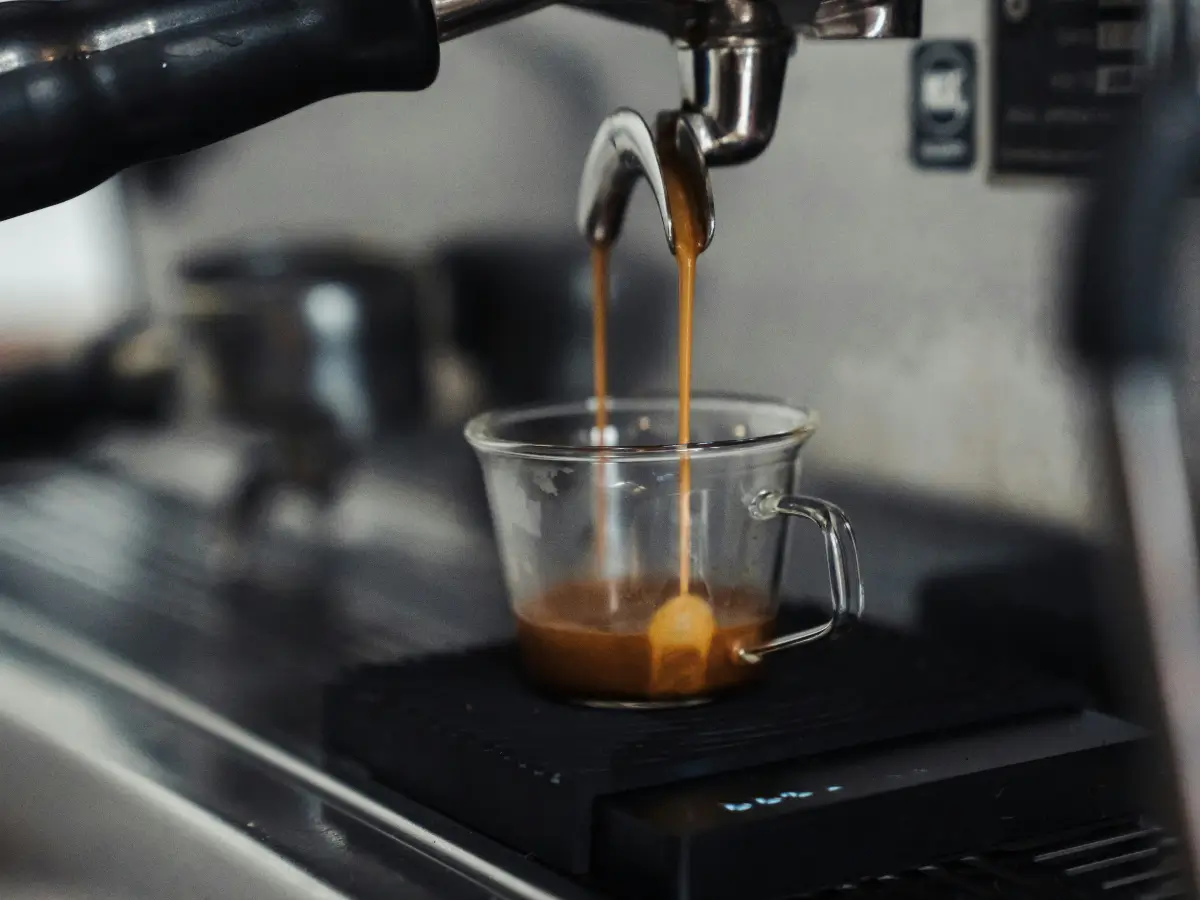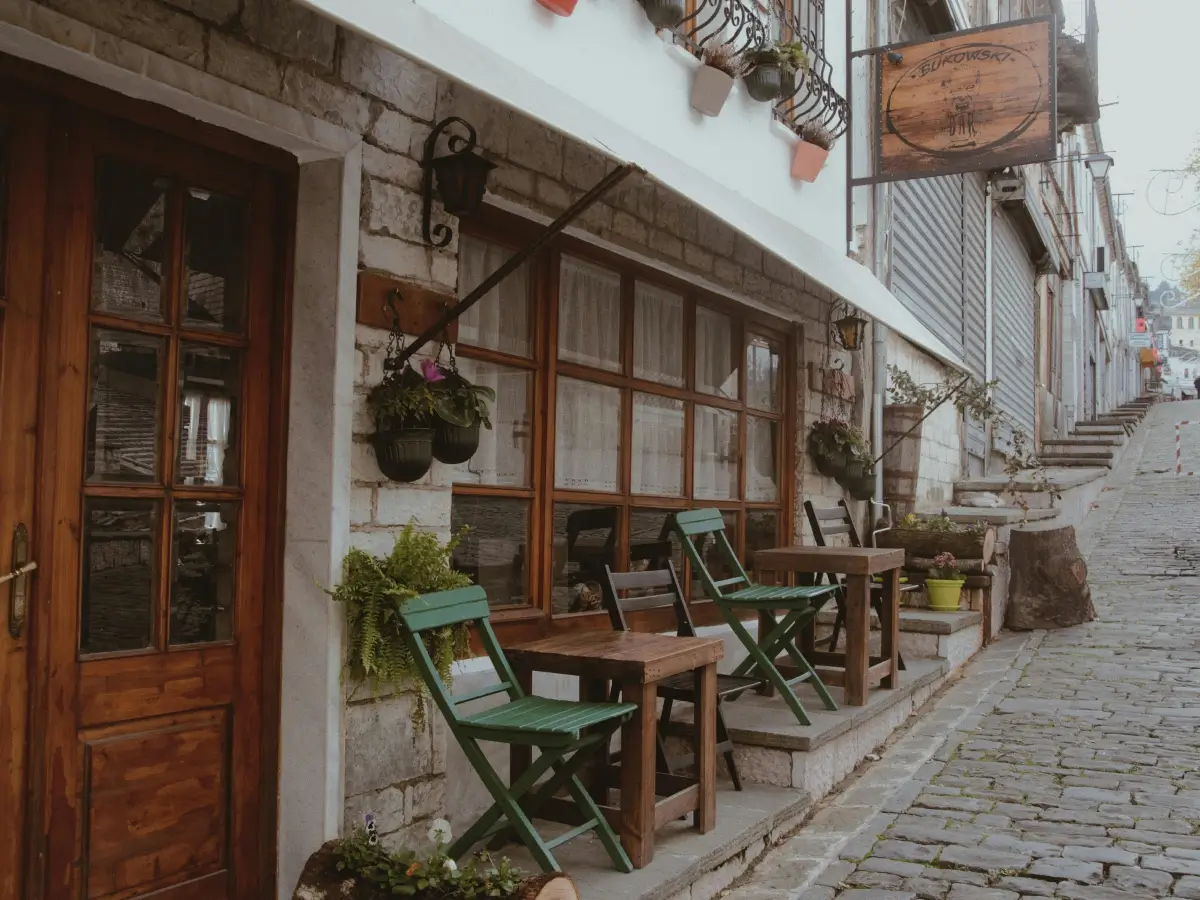In Albania, coffee is not a quick stop. It’s a lifestyle. It is part of the rhythm of daily life, woven into work meetings, family gatherings, and quiet mornings. Coffee culture here is not about caffeine — it’s about connection, presence, and social ritual.
Cafés are everywhere. From big cities to small mountain towns, the café is a place where people meet, talk, observe, and take a break from the outside world. Ordering a coffee is the beginning of something — not the goal itself.

What makes Albanian coffee culture unique
Albania has one of the highest numbers of cafés per capita in Europe. But it’s not just about quantity. It’s the way people treat coffee that makes it different.
-
Coffee is unhurried – People can sit for over an hour with one espresso, talking, reading, or watching the street
-
It’s a daily ritual – Most Albanians have coffee two or three times a day, often with the same group or at the same place
-
Conversations matter – Coffee time is when friendships are built, deals are discussed, and stories are shared
-
It’s for all generations – Young people, elderly neighbors, students, and professionals all meet over coffee
-
No takeaways – Unlike many Western countries, coffee here is rarely rushed or taken to go. It’s enjoyed sitting down
The culture values presence. Phones are often put away. The focus is on the people at the table.
Types of coffee you’ll find in Albania
The most common drink is the Italian-style espresso — short, strong, and simple. It’s what locals order without needing to ask for anything else. In larger cities, more variety is appearing, but tradition remains dominant.
Other popular choices include:
-
Macchiato – With a touch of foam, more common in the afternoon
-
Turkish-style coffee – Still served in many homes and some traditional cafés, especially among older generations
-
Cold coffee drinks – Especially in summer, iced espresso or frappé options are offered
-
Cappuccino – Mostly ordered in the morning and less common after midday
Ordering is easy, and most cafés operate with table service. You sit, order, and stay as long as you like.

The café as a community space
Cafés in Albania are not just businesses. They are part of the neighborhood’s social fabric. Locals often have their favorite café, known by name and welcomed by staff. It’s not unusual to see the same group meeting every day at the same hour.
Business meetings happen in cafés. Politics is debated over espresso. Football matches are watched in corner spots with TV screens. In villages, the café often serves as a public square, a space where news is shared and time is passed.
There is no pressure to consume more. The economy of the café is built around the idea that staying longer builds loyalty, not loss.
Coffee at home
In Albanian homes, offering coffee is a central gesture of hospitality. Guests are greeted with a warm cup, often prepared in the traditional way. Refusing coffee is rare unless it’s late in the evening. Coffee at home is personal — a way of saying “you’re welcome here.”
It’s often served with small sweets or dried fruits. The setting can be formal or casual, but the meaning is always the same: the door is open, and the guest is valued.